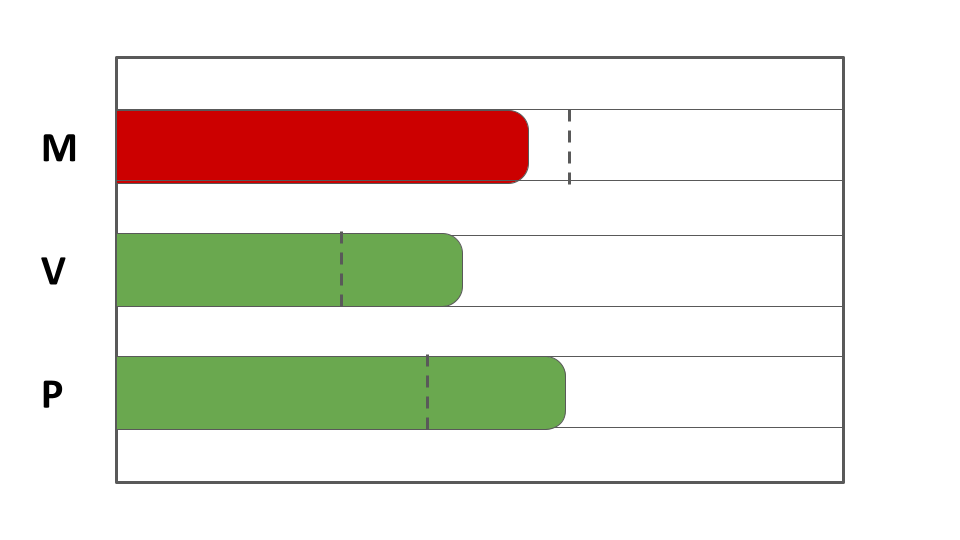Transcript
Legend
- Lecturing
- Question
Medical situation, Values, Plan

Empower - A
Questions Asked
It is important to ask questions to the patients. Try asking whether they understand. Asking questions will help
them reveal their concerns. In a typical visit asking 8 to 12 questions is recommended.
You asked 5 questions, this is good. Keep it up!
Open Ended Questions
It is important to ask open ended questions to the patients. Asking questions will help
them reveal their concerns. In a typical visit asking 2 to 5 open ended questions is recommended.
You asked 5 questions, this is good. Keep it up!
Turn Taking
Turn Taking shows how long you have spoken in a turn. The red marked turns are very
long and you should avoid them by letting the patient speak. Do not lecture the patient rather ask whether they
understand time to time.
Great job! You avoided lecturing
Empathize - C
Personal Pronouns
Using personal language rather than abstact, statistical language has been shown to improve patient understanding.
[personal pronouns goes here]
Empathy Word Cloud
Prior research has found certain words are associated with differing degrees of empathy. High empathy words are green, low are red.
Larger words are used more frequently during the conversation.
[Empathy word cloud goes here]
Average Empathy
Prior research has found certain words are associated with differing degrees of empathy. This dial shows the average empathy of your words.
[Empathy average goes here]
Positive Emotion Over Time
Positive Emotion (sometimes called sentiment) is a measure of how positive/happy sounding your words are.
You ended on a positive note. That's Great! Remember to be more neutral during your conversation
Be Explicit - B
Hedge Words (%)
Hedge words (such as "maybe", "perhaps", "like", "I think", etc.) make you less explicit when communicating the patient's prognosis. Be direct.
[hedge words meter goes here]
Speaking Rate
Speaking Rate is a very important element of communication. It indicates how fast you are speaking.
A good speaking rate (~120 words/minute) will help patients to understand prognosis and treatment options.
Your speaking rate is 170wpm try to speak slower.
Reading Level
Using the right reading level helps the patient understand you and helps avoid jaron or euphonisms.
[reading grade goes here]